Description
ABSTRACT
Privity of Contract and Third Party Rights in the Twenty-First Century
Jacob Abiodun Osuntogun*
This paper examines the application of the privity of contract rule in Nigeria, its implications for third parties and how specific legislation enacted to curb it failed to address the problems associated with it decisively. The paper analyses case law to identify an appropriate mechanism to resolve the issues. For that purpose, the paper considers the possibility of adopting the unique ‘principled exception’ developed by the Supreme Court of Canada and why it is difficult to take that path. It also interrogates the state of the privity rule in Nigeria in the context of the Constitution and discusses the likely effect of interpretation of the Constitution on the common law rule. It notes that with the restrictive approach adopted by the Supreme Court of Nigeria in the Rebold case, the likelihood of adopting the unique ‘principled exception’ to truncate the rule is nil. The paper concludes by making suggestions and recommendations on how to resolve the problem.
Keywords: Privity of Contracts, Exceptions to Privity, The Nigerian 1999 Constitution, Common Law.
INTRODUCTION
One of the most pressing problems that parties in commercial transactions have faced for more than a century under the English legal system is the non-recognition of third- party rights under the doctrine of privity of contract.1 The doctrine postulates that only the parties to a contract and not strangers can enforce rights and contractual obligations from such a contract. This doctrine has inhibited the ability of third parties to access the courts for remedies in cases where they have been denied benefits conferred by contracts. For that reason, the doctrine has been widely criticised.2 Lord Diplock, in Swain v Law Society3 describes the doctrine as ‘anachronistic’ and laments that its shortcoming has occasioned wide opprobrium to English private law.
Thus, a reform in tandem with the argument of most scholars and jurists that the purpose of the courts is to respect the autonomy of the contracting parties,4 rather than adopting a restrictive approach to enforcement of the doctrine of privity, even if contrary to the intention of parties was taken when, Royal Assent was given to a bill passed by the British Parliament5 for England and Wales in line with the recommendations of the Law Commission.6
* LL.B (University of Lagos, Nigeria), BL, LL.M (Obafemi Awolowo University, Nigeria), MA (University of Ibadan, Nigeria), LL.M (University of Pretoria, South Africa), PhD (University of Witwatersrand, South Africa). Senior Lecturer, Department of Commercial and Industrial Law, University of Ibadan, Nigeria.
- See, Adewale O Olawoyin, ‘The Phantom of the Bills of Lading Act, 1855 Lives On: Enforcing Ownership and Contractual Rights under Bills of Lading in Nigeria’ (2004) 48 (1) Journal of African Law 82.
- On this, see the Law Commission, ‘Privity of Contract: Contracts for the Benefit of Third Parties’ (Law Com, No 242 July 1996), presented to Parliament by the Lord High Chancellor by Command of Her Majesty accessed 20 May 2017.
- [1983] 1 AC 598, [611].
- See, Steyn LJ in Darlington BC v Wiltshier Northern Ltd [1995] 1 WLR 68 (CA) 76–77.
- See, the Contracts (Rights of Third Parties) Act 1999, s 31. It is important to note that the Act came into force on 11 November 1999, taking effect for all contracts (subject to English law) entered into on or after 11 May 2000. Contracts made in the interim may be subject to the statute if the contracting parties expressly opted to be subject to the Act. See section 10 of the Act.
- On their recommendations, see the Law Commission report (n 2).

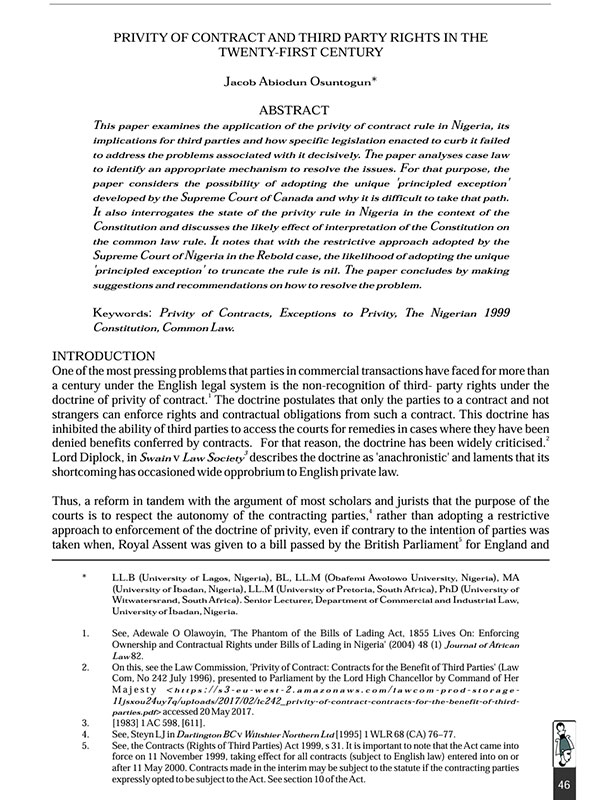
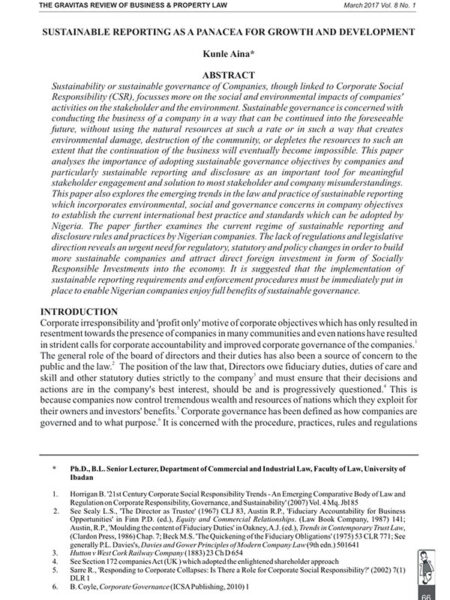
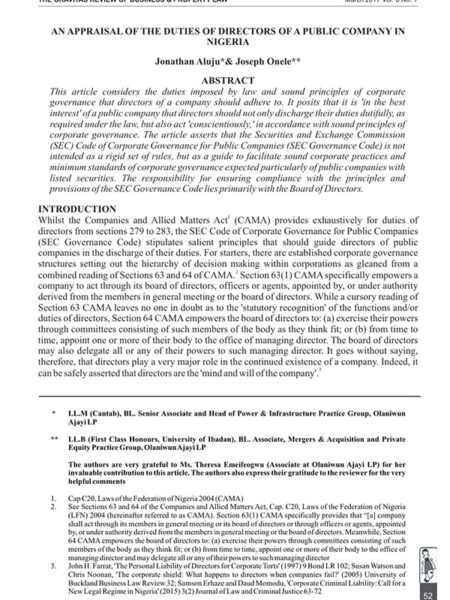
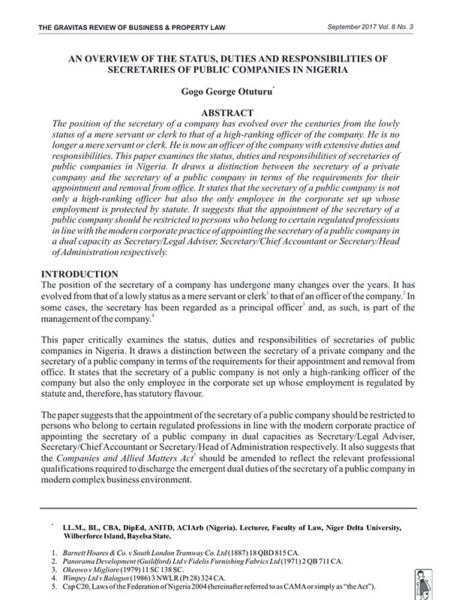
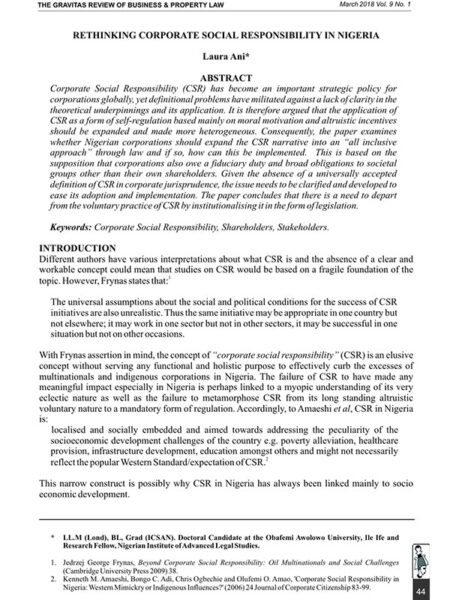


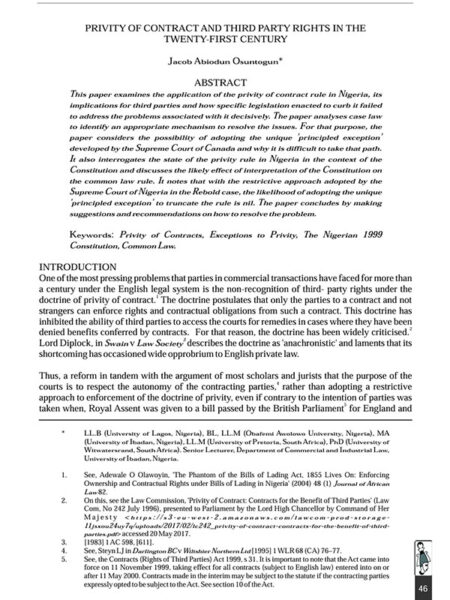
Reviews
There are no reviews yet.